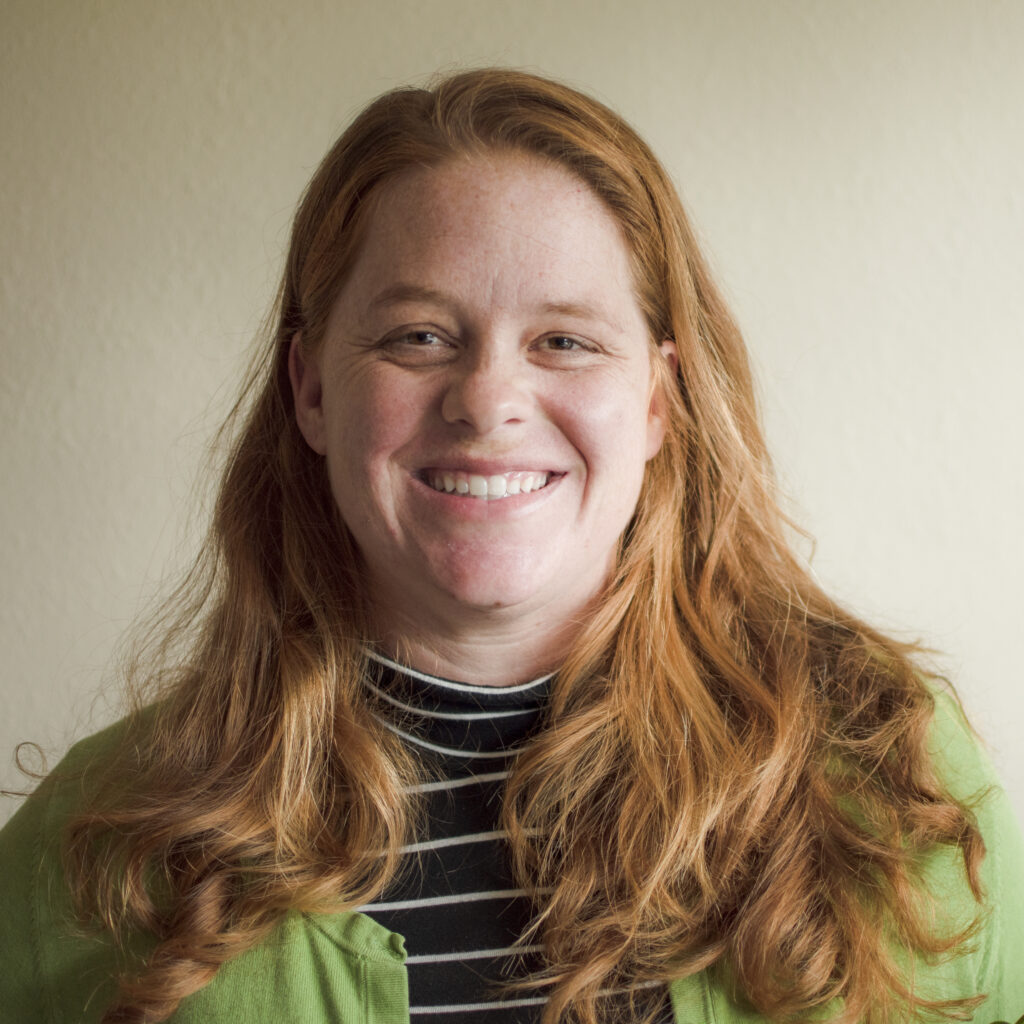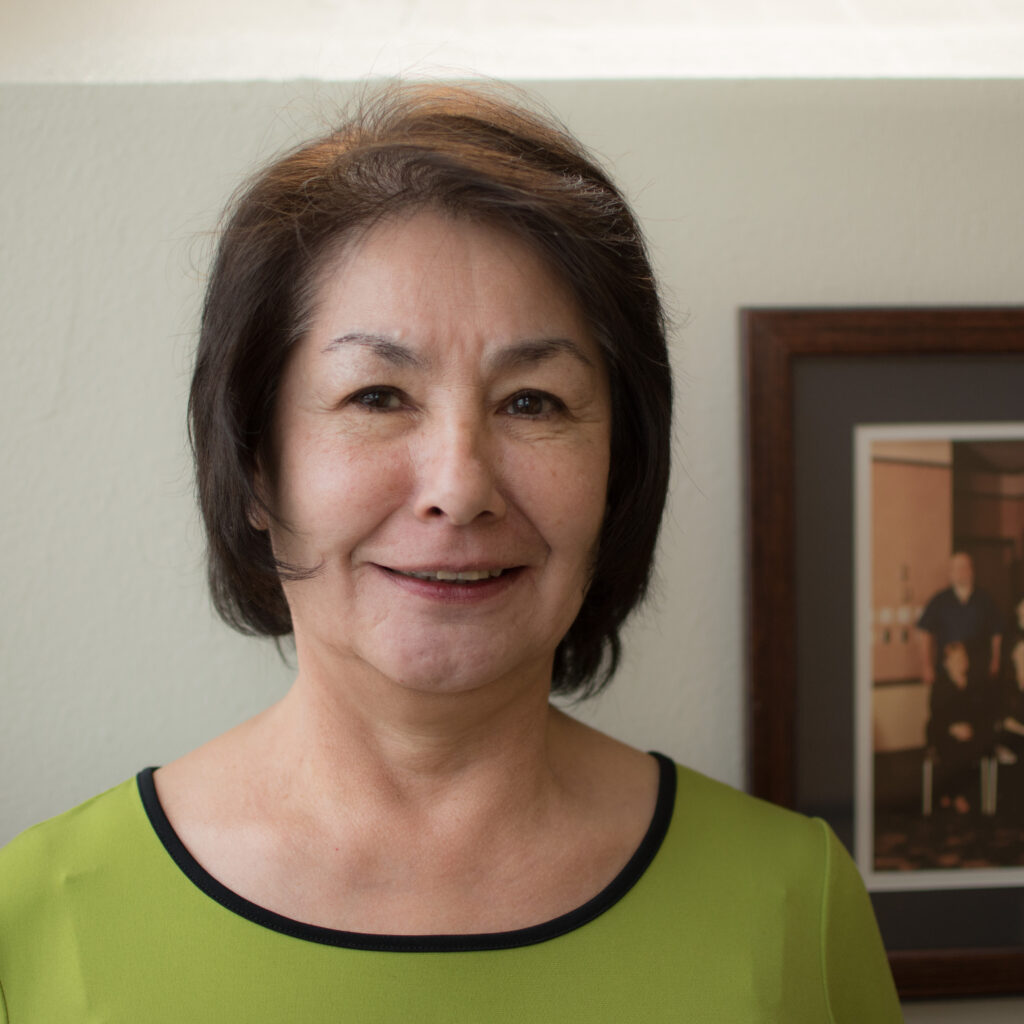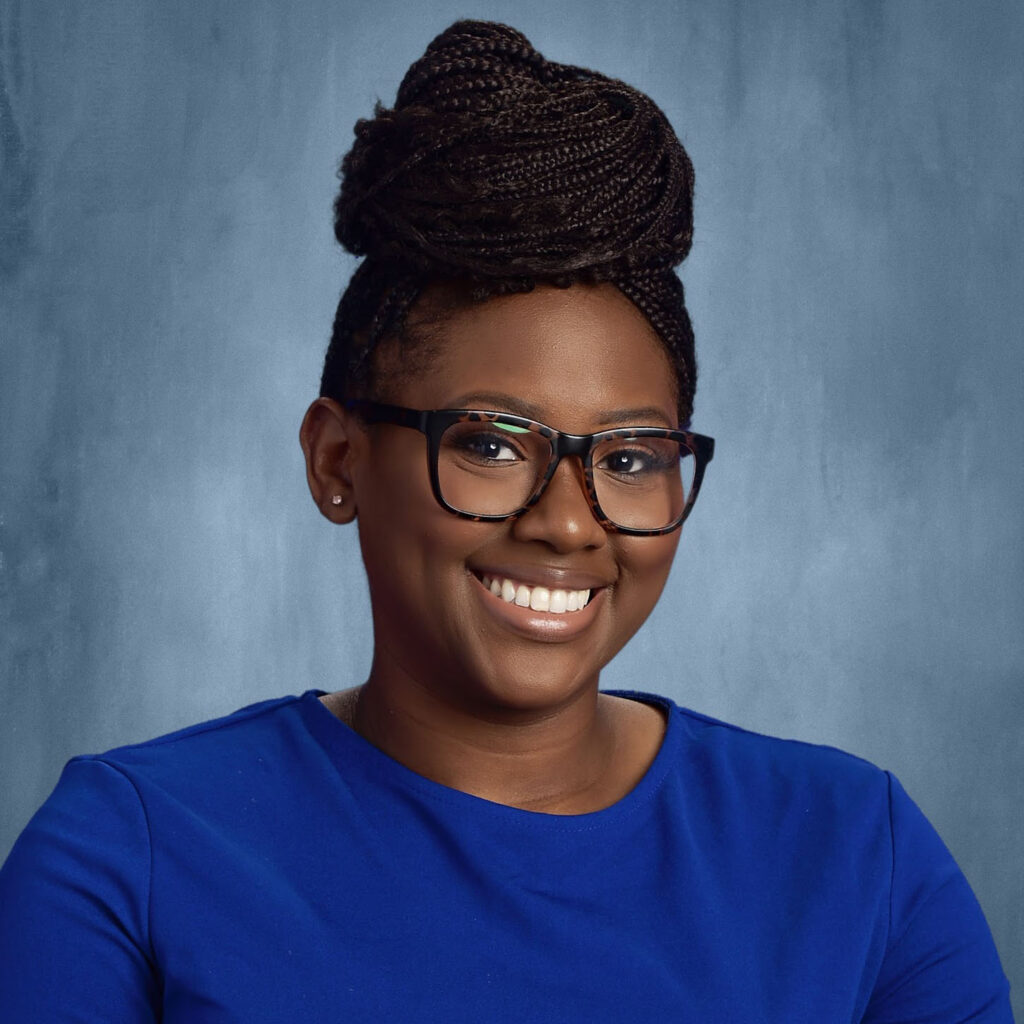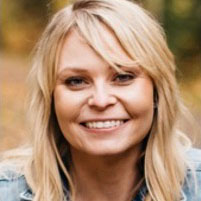If there is a silver lining to the global pandemic that has radically changed the education landscape the last two years, it’s that we were all pushed to change and grow. For SERRC’s Professional Learning department, that meant embracing customization and flexibility.
As a part of the Opening Doors for Alaska Native Students grant, in partnership with Sealaska Heritage Institute, SERRC had committed to train leaders from eight school districts in cultural proficiency over 10 days of in-person training. When COVID hit, this straightforward plan took a sharp turn; schools faced challenges from staffing scarcity to campus lockdowns, so little about the original plan would work.
The team converted the 10-day training to a series of smaller events, using a hybrid model with synchronous and asynchronous components. They met each district where they were — literally as well as figuratively, heading to districts to conduct training after school and on weekends to avoid the need for substitute coverage. Other districts chose to travel for an intensive retreat hosted in Juneau, minimizing distractions for a concentrated work session. Still others opted to engage remotely, relying entirely on virtual collaboration.
The lesson learned through all these changes? Customizing professional learning to meet district and educator needs is effective and will continue to be effective even after Alaska returns to “normal.”
“Customization and personalization is at the heart of everything we do,” said Jackie Wood, Associate Director and head of professional learning at SERRC. “We are in a unique position to respond to the needs of Alaska’s schools, educators, and students. We believe the learning opportunities we create should reflect the educators we serve and, since no two communities are the same, we customize every training.”
In addition to this commitment to customization and personalization, SERRC has expanded its professional learning team to better reflect the needs of Alaska’s educators, with expertise not only in culturally responsive teaching, but also special education, restorative practices, literacy and more.




